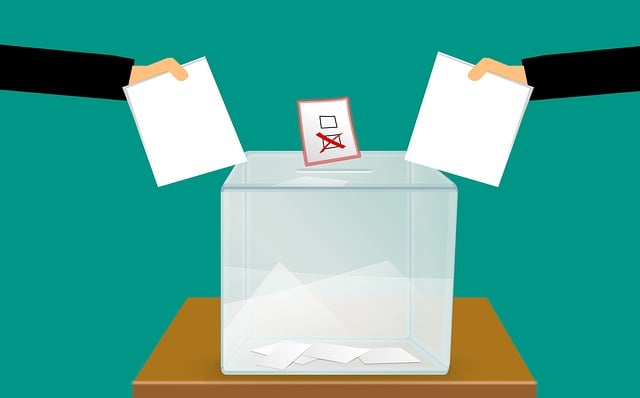久々の投稿となりましたが、本日は日経新聞の参議院選に関する記事を題材にブログを書きたいと思います。
今回はSNSによる選挙戦が注目されましたが、誤った情報の流布、それに基づく有権者の投票行動への影響など、深刻な課題も浮き彫りになりました。
SNSは政治への参加意識を高めるプラスの側面もありますが、一方で、政策の内容を正確に伝えることよりも有権者の感情に訴えかけることで、選挙の争点や構図を単純化し、ポピュリズムを増幅したり社会の分断を深めたりする懸念もあります。
【English】
The recent House of Councillors election in Japan resulted in the significant losses suffered by the ruling coalition of the Liberal Democratic Party (LDP) and Komeito. While much of the media coverage focused on the political implications of this shift, a more subtle yet deeply troubling trend also came to light: the growing influence of misinformation spread via social media.
This election was arguably one of the most digitally influenced in Japan’s history. Platforms like X (formerly Twitter), YouTube, and TikTok played a key role in shaping voter perceptions. While social media can foster civic engagement and broaden political participation, it has also become a fertile ground for falsehoods. What is especially alarming is the extent to which misinformation—deliberate or accidental—impacted political discourse and voter behavior.
Among the most concerning examples were claims that “foreigners are exempt from paying inheritance tax” or that “foreigners are freely exploiting the welfare system without contributing to it.”
These statements are not just oversimplified—they are outright false. Japan’s tax laws apply equally to residents regardless of nationality under specific conditions, and welfare benefits are only granted after strict screening processes. Nevertheless, such claims were widely circulated online, often framed in emotionally charged language that stoked fear and resentment.
If voters are making decisions based on misinformation, it presents a significant threat to the democratic process. Democracy assumes that citizens will cast their votes based on informed choices, grounded in accurate understanding of policies and facts. When that foundation is undermined, elections will be dominated by emotional manipulation rather than rational judgment.
This trend is not unique to Japan. Around the world, democracies are grappling with the impact of misinformation on political processes. But Japan, often characterized by its relatively low levels of political polarization, now faces a new kind of challenge: how to maintain a rational and respectful political culture in the age of digital distortion.
There are several areas that demand urgent attention:
1.Improving Media Literacy
Schools and workplaces must prioritize education on how to critically evaluate online content. Citizens must be equipped to distinguish between credible sources and misleading narratives.
2.Greater Platform Accountability
Social media companies operating in Japan should take stronger measures against the spread of misinformation, including flagging misleading posts and promoting verified content, especially during election periods.
3.Proactive Expert Communication
Complex topics such as taxation and social welfare must be explained more clearly by subject-matter experts. Public agencies and trusted institutions must be more active in responding to false claims before they take root.
4.Regulatory Reforms
As digital campaigning becomes more prevalent, Japan’s election laws may need to be updated to address new challenges—such as the rapid spread of fake news or coordinated disinformation campaigns.
Ultimately, the integrity of elections depends not just on laws and procedures, but on the quality of public discourse. It is vital for society as a whole—including media professionals, educators, civil servants, and individual citizens—to defend the truth and resist the spread of emotionally manipulative falsehoods.
The 2025 election should serve as a wake-up call. If Japan wishes to preserve the health of its democratic institutions, it must take steps to ensure that future elections are shaped by facts, not fiction.



コメント